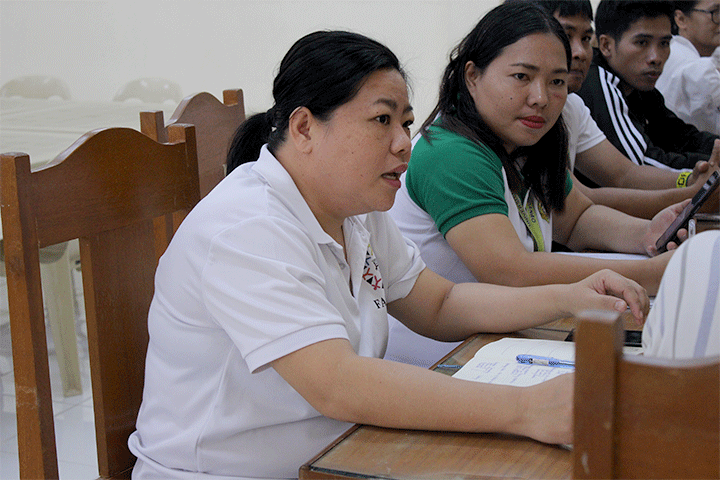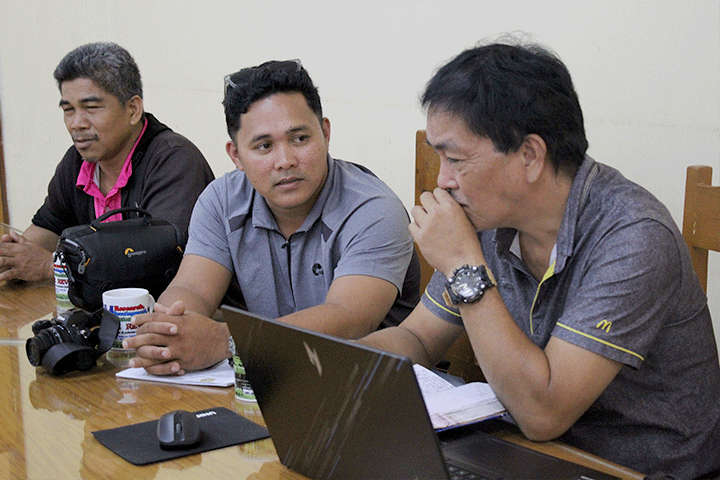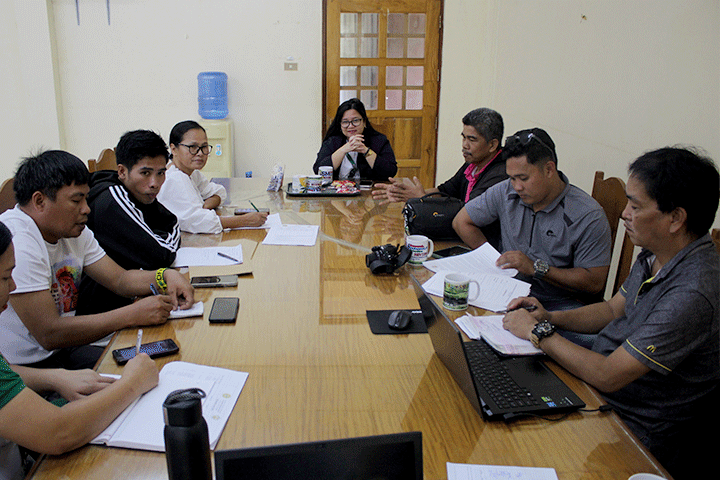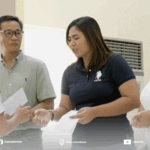
USM Receives 2.6 Million Pesos for Tulong Dunong Program
February 6, 2025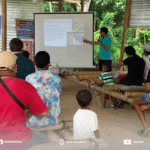
CHS CARES Promotes Health and Cultural Empathy in Bagobo-Tagabawa Community
February 6, 2025
To ensure a clear understanding of the direction that the Unibersidad at Komunidad (UniK) 2025 Program would take, the University of Southern Mindanao Extension Services Office (USM-ESO) convened a strategic meeting on February 5, 2025, at the ESO Conference Room.
The meeting aimed to triangulate the needs assessment results conducted in Kasunayan and formalize a Memorandum of Agreement (MOA) for the program’s implementation in Kasunayan Village, Brgy. San Vicente, Makilala.
Led by ESO Director Dr. Glyn G. Magbanua, the discussion focused on addressing community needs identified in previous engagements with both the Inter-Cultural Organizations’ Network for Solidarity and Peace (ICON-SP) and local stakeholders. Key topics included identifying additional concerns not captured in the initial proposal, determining available community resources that could be utilized during project implementation, and setting timelines for various activities. Additionally, ICON-SP outlined potential challenges that might arise during the program implementation.
A crucial aspect of the meeting was the discussion of the Free Prior Informed Consent (FPIC) process—an essential requirement from the National Commission on Indigenous Peoples (NCIP) for projects in Indigenous communities. Given that the initiative involves primary cultural properties such as the art, cultural practices, and language of the Bagobo-Tagabawa residents of Kasunayan Village, securing FPIC is vital before full-scale implementation.
The meeting also briefly touched on other ongoing and upcoming initiatives by ESO and ICON-SP, including a community development project in Ganatan, Arakan, and a biodiversity survey in Batasan, Makilala—both of which, like Kasunayan, are Indigenous communities. Discussions also explored potential future collaborations between ESO and ICON-SP.
Attendees included representatives from the ICON-SP, USM-ESO, and project leaders from the College of Science and Mathematics (CSM), the College of Social Sciences (CASS), and the College of Agriculture (CA).
The meeting concluded with a strong reaffirmation of commitment from all stakeholders to fostering sustainable and impactful community engagement initiatives. Through continued collaboration, USM-ESO and its partners aim to ensure the successful implementation of the UniK Program in 2025, emphasizing inclusive and community-driven development.
